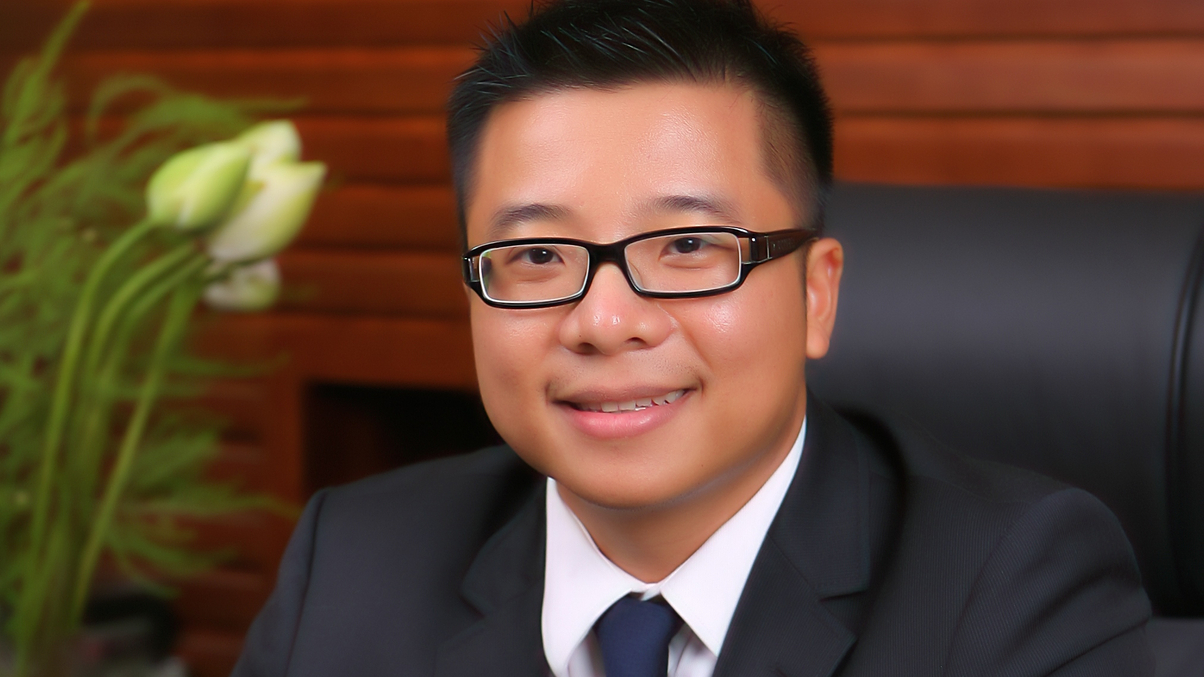Is Vietnam ready for private banking?
VPBank Securities intends to create Vietnam’s first onshore private banking service, which must overcome several hurdles if it is to succeed.

VPBank Securities is developing a private banking platform it intends to launch next year, says Nguyen Lam Dung, the firm's Hanoi-based chief executive.
Sign in to read on!
Registered users get 2 free articles in 30 days.
Subscribers have full unlimited access to AsianInvestor
Not signed up? New users get 2 free articles per month, plus a 7-day unlimited free trial.
¬ Haymarket Media Limited. All rights reserved.


